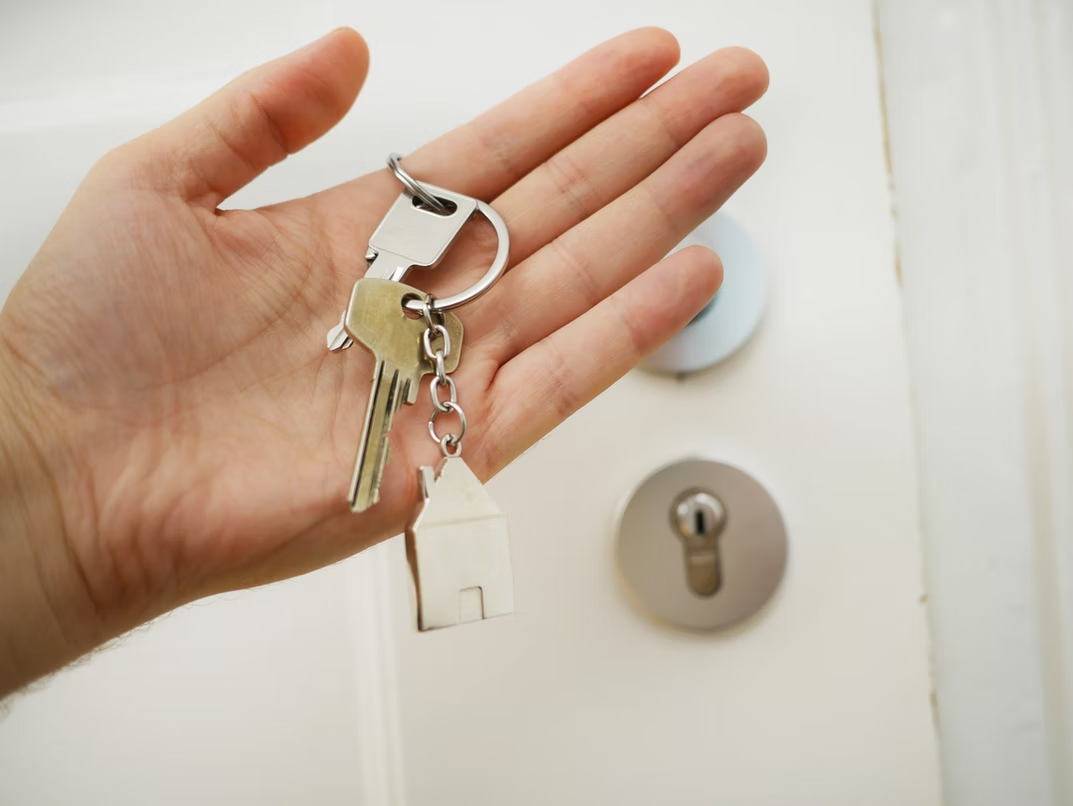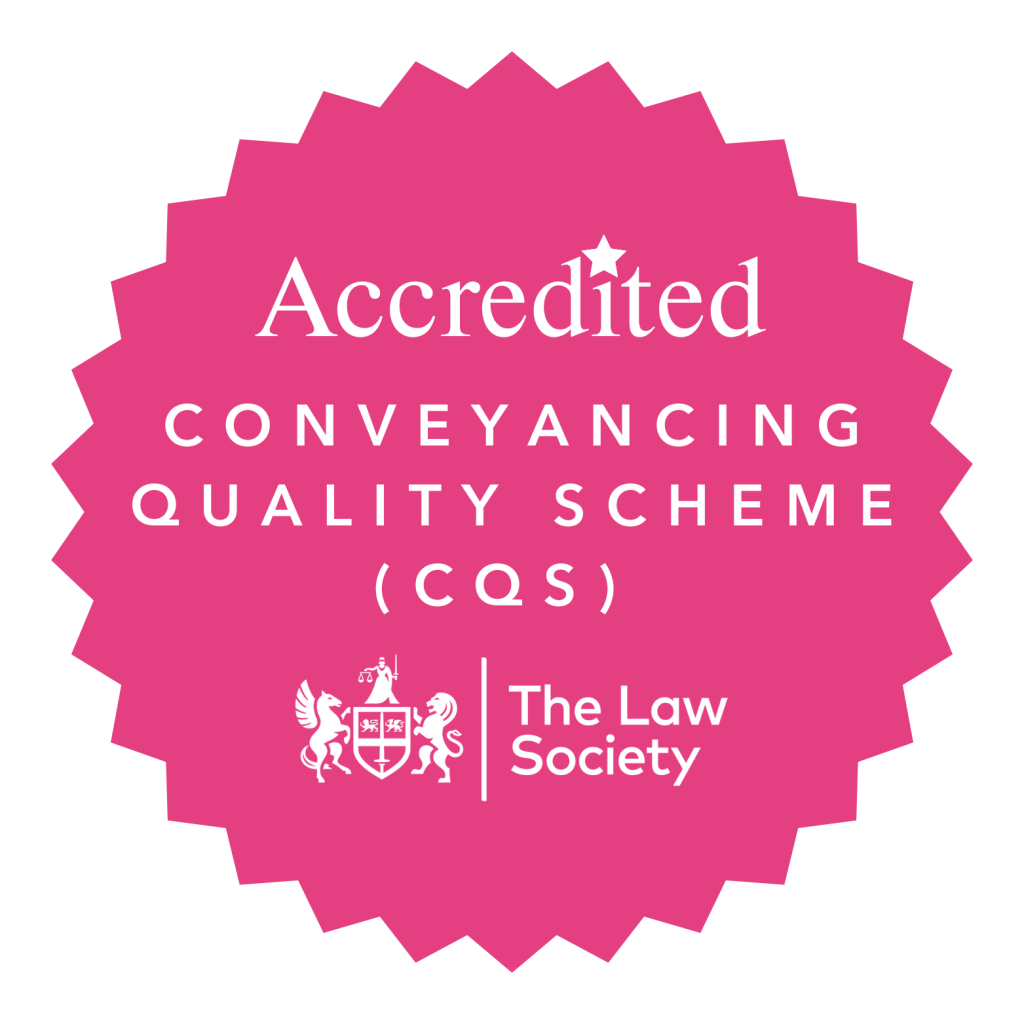Choose your tenants very, very, carefully
We’re starting with a really obvious one, but it’s still worth highlighting. Once tenants are in possession of the property it will take time, and possibly court action, to remove them.
There is also the important issue of mandatory immigration checks, so Landlords should obey three golden rules:
- Obtain original versions of documents
- Check the validity of each document in the presence of the holder
- Make a clear copy and mark the date the copy was made
Check whether your property can be classed as a House in Multiple Occupation (HMO)
For those who don’t know, a property is classed as an HMO if all of the following apply:
- If it’s rented to 5 or more people who form more than 1 household
- If it’s at least 3 storeys high
- If the tenants share toilet, bathroom or kitchen facilities
- If so, you will need to comply with the HMO Management Regulations and you must get a licence from your Local Authority.
Make sure that your property is in good repair
Again, we’re falling into the obvious, but just as important: before letting, you must ensure that the property, furniture and other contents comply with the law. Do everything you can to leave yourself in the best possible position legally.
Get your gas appliances checked annually
Every gas appliance within your property has to be inspected each year by an engineer registered with the Gas Safe Register. The necessary certificates must be given to the tenants. You should also get the electricity checked at least every five years.
Make sure that you have a proper form of Tenancy Agreement
This sets out all the obligations of the tenants and protects your position as landlord. Make sure all of the tenants sign it before they occupy the property. You also have to beware of the risks of using older forms of tenancy agreement that no longer comply with current legislation.
Take deposits properly
Deposits must be protected (for assured shorthold tenancies) under a government approved tenancy deposit scheme, or serious problems will arise. This is the only way to protect yourself and your property, otherwise you run the risk of being prevented from regaining possession of the property
Other things Landlords must do before a tenancy
In addition to the above requirements, landlords must now also provide the following:
- Energy Performance Certificate
- How to Rent Checklist
- Working Smoke Alarms
- Carbon Monoxide Alarms for rooms with solid fuel burning source
- Confirmation that prescribed information has been supplied
What to do if tenants fall into rent arrears
If your tenants fall two months behind in their rent payments, landlords must take immediate steps to serve a proper legally valid notice and consider bringing proceedings for repossession. This isn’t being harsh or aggressive, this is simply protecting yourself. Remember that if the tenant pays no further rent, arrears of at least four months (and probably more) will have accrued by the time a possession order is obtained. Can you afford to trust them?
What to do if the tenants APPEAR to have left
Be very careful about re-entering the property without a court order. Remember that unlawful eviction is a criminal offence and can also make you liable in the civil courts for a substantial order in damages. Furthermore, you could end up having to pay the tenant’s legal costs. It might be frustrating, but patience and following proper procedure is absolutely the best way to go.
Make sure you have at least a basic knowledge of the relevant laws
It will require some effort but it’s definitely worth doing before you start letting any property, even if you intend to use a letting agent. It is your property and your investment and you will be responsible to the tenant for your agent’s mistakes if they get things wrong.
If you need any help or advice then call us on 01727 858807 and we’ll do everything we can to make sure you are in the strongest position possible.
Post a comment
You must be logged in to post a comment.













